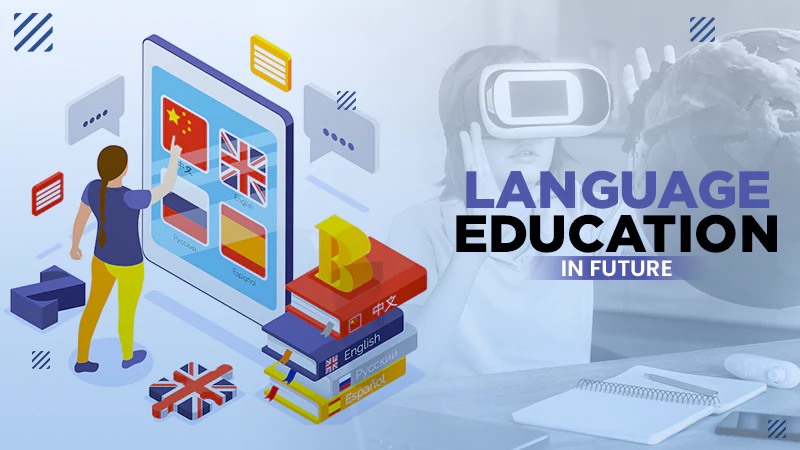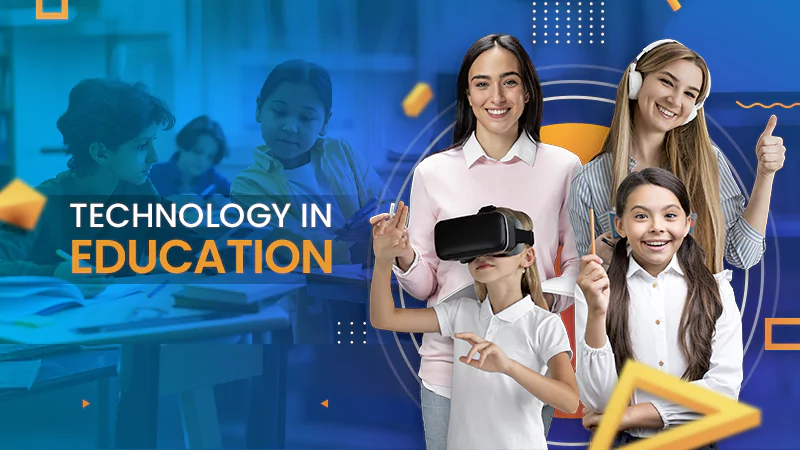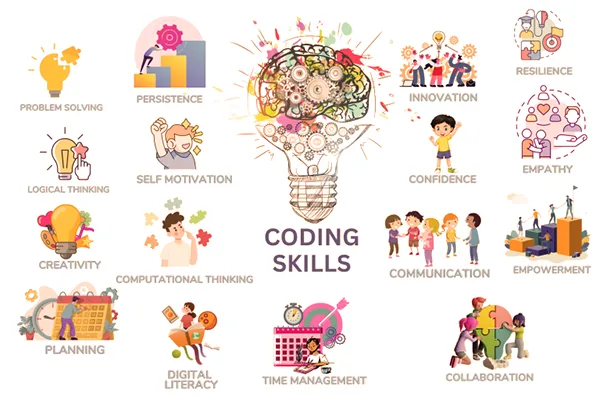
Parenting is always challenging! Are you curating extracurriculars for your children? Well!, most parents start with the basics. Let’s say, soccer, football, dance, and maybe band practice. But, the idea of entertaining their elementary schoolers probably doesn’t include programming. Is it?
Initially, it may sound odd to consider highly technical courses for young children instead of conventional after-school programs. Believe it or not, it could be among the best decisions you can make in this digital age.
Coding is a creative process where one makes something from scratch. How is it going to captivate kids? Technically, the creation of something from zero boosts the willingness to see what’s next, use imagination, and skills, and predict outcomes.
Simply put, it’s more of a fun and rewarding activity for kids.
Today, learning coding is possible by a lot of exciting methods. For instance, websites like CodeMonkey offer fascinating puzzles, games, and exercises to gain kids’ attention and are successful in doing so.
In this guide, we’ll walk you through how an essential skill for the digital age, coding education matters.
Coding Uplifts Solutions-Oriented Skills
Usually, when you face an obstacle or challenge, you may want to quit in defeat, but coders don’t think that way. Likewise, when the kid grew up coding tended to view tough situations as a problem to fix instead of giving up.
Vice versa, solutions-oriented skill is something that help them code more effectively.
Let’s take a step back and clarify that problem-solving refers to one’s ability to tackle novel situations efficiently.
In a coding context, coders seek out the fastest fixes since they are constantly challenged and asked to solve problems at their earliest convenience.
Besides, coders break issues down into more manageable sub-problems and further progress through working on finding, prioritizing, and implementing solutions. This mentality is developed when learning to code and will serve them in various situations throughout life.
Coding Facilitates Computational Thinking
Is the term “Computational Thinking” new to you? If so, first comprehend what it is. Computational thinking is a specialized field of knowledge that enables learners to express problems in a way that a computer would.
More of a like, the model of computational thinking encourages young coders to break down the toughest situations into smaller issues, hence, revealing underlying process patterns.
Fast Fact:
As of now, there are over 1.69 billion websites in the world. among which most of them required coding.
Researchers for an early study named Tak Yeon Lee, Matthew Louis Mauriello, June Ahn, and Benjamin B. Bederson wrote “We believe that kids as young as ten can significantly benefit from opportunities to engage in computational thinking.
They further added that kids can begin by solving puzzles on paper, develop their skills on game boards, and ultimately come up with their solutions on computers. This is how they can be guided through complex algorithmic thinking and equipped with tacit knowledge or excitement about gameplay.
Encourages Persistence
Computer science is one of the few disciplines where it is acceptable to be near-constant failing. Coding does encourage persistence and requires coders to deal with complex problems, troubleshoot errors, or proactively improve their skills.
Even, it is seen that the most straightforward programs require a coder to face setbacks, understand a set of problems, and get victory over unforeseen challenges.
Do You Know?:
According to Stack Overflow’s 2020 Developers survey, 54% of professionals stated that they wrote their first line of code by the time they turned 16.
When your kid begins programming, they learn to stay calm because failure is transient. Meanwhile, small successes can encourage them to push through hard times in their programming journey.
Programming Nurtures Creativity
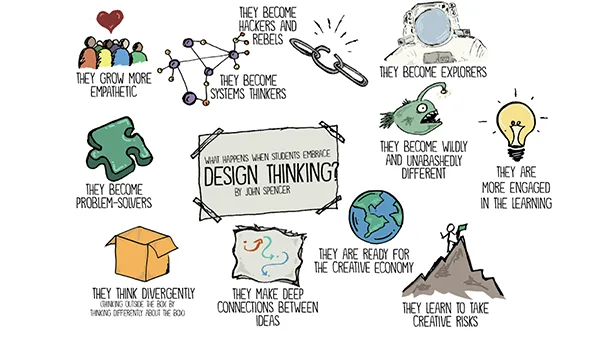
Indeed, coding has become the new interactive playground or an expensive canvas for children to express their creativity. Be it building a site, developing an app, or designing a video game, coding becomes a means for them to use their imaginative visions and create things from scratch.
Creative heads have rapid and effective responses that allow them to achieve their goals. Experts also suggested that kids should learn to code.
Try out, your kid will constantly be prompted to experiment. After a clear understanding of the basics, they will ask themselves What if I tried this? Would that work?
Coding Renders Math Easier
The fact that, at some point, you all have been intimidated by math. Kids who learn to code early tend to not struggle as much concerning formulations of numbers and letters. Young coders are less fearful of math.
Some programming jobs require math. For instance, a 3D rendering engine, a GIS application, or Cryptography / Blockchain, etc. These surely require a lot of math. Remember, here we are talking about specific math, not that is taught in schools.
However, coding helps them bring low-level graphics or game programming to life via abstract mathematical concepts.
Coding is the New Literacy: Future Aspects of Programming
Technology is advancing at an unprecedented rate. Due to this, the skill of coding is expected to become more in demand. Learning to code at an early age prepares them for a career in this growing industry.
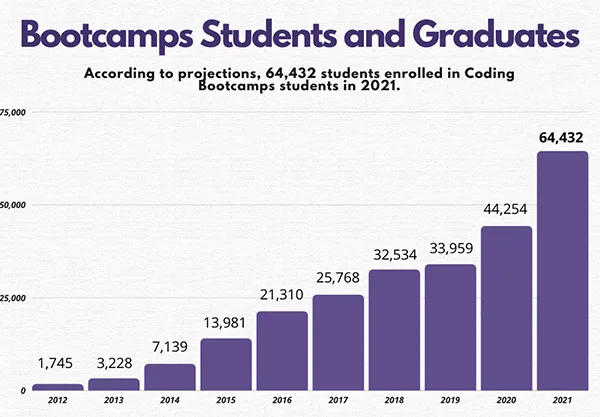
Statistics:
In 2020, the gross revenue amount of coding boot camps was $518,981,000. It was almost 10% more than in 2019.
Moreover, children are more open to becoming entrepreneurs. Want to know? When your kid has coding skills he/she can create an app or site by themselves without depending on developers and start their own business.
Conclusion: Why Early Coding Education Matters
“Is your kid creative? Does your kid have problem-solving skills? Do you want your kid to have the power to change the world? If “yes” to all of these, then computer science — programming — should be considered.
In this digital age, coding is more than just a technical skill, rather, it’s a life skill. Coding in education prepares young minds to develop problem-solving abilities, facilitates computational thinking, encourages persistence, nurtures creativity, and lets them render math easily.
At the same time, it makes them developers at a young age and are set to have a future in the programming field.
FAQs
Ans: You must agree on the fact that problem-solving is needed in any industry or career. And, problem-solving skills come on through coding. So, they are prepared for the world that follows after high school and beyond.
Ans: Because it is a component of digitalization, it will be a helpful lesson in the future.
Ans: No, for the foreseeable future, AI will not replace software engineers.





